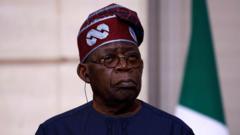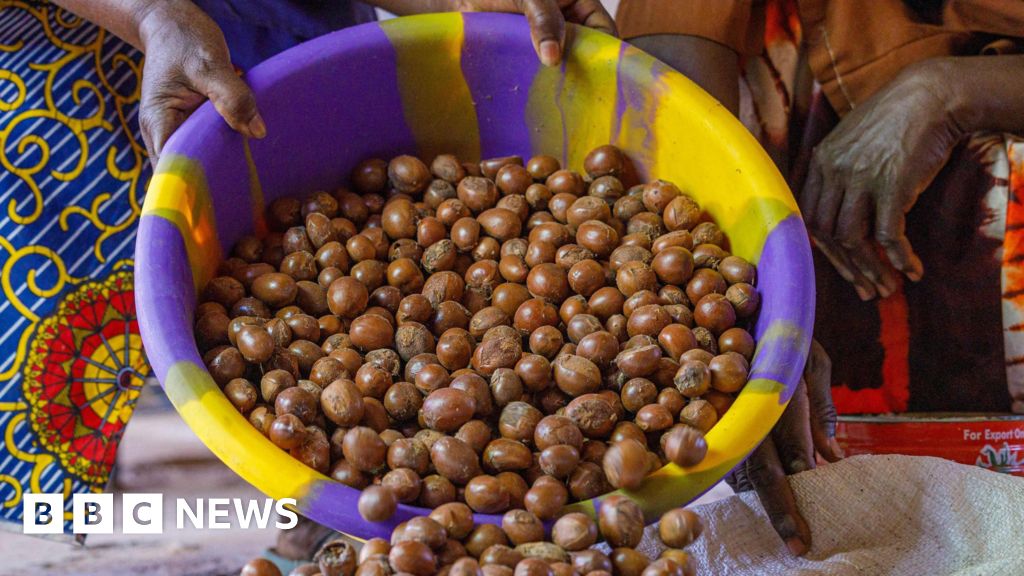In recent developments, Nigeria's complex political landscape, known for its ethnic and religious diversity, is under fresh scrutiny as the delicate balancing of appointments faces potential unraveling. The nation’s electoral framework has long established an informal agreement which mandates a careful distribution of key political positions adhering to Nigeria's multifaceted ethnic groups. This practice, integral to fostering national unity, is currently being questioned as criticism escalates following President Bola Tinubu's recent appointments.
The Nigerian Constitution stipulates regional representation within cabinet roles; however, the broader distribution of influential positions has historically aimed to encapsulate the nation’s rich diversity. Nigeria, home to over 250 ethnic communities—primarily dominated by the Hausa-Fulanis, Igbo, and Yoruba—has seen tumultuous periods due to ethnic divide, raising alarms over the fairness in Presidential decisions.
Public outcry has intensified against President Tinubu, who, since ascending to the presidency two years ago, has faced accusations of gravitating towards the Yoruba ethnic group, to which he belongs. His administration is noted for the troubling precedent set with ethnically homogenous appointments comprising cabinet roles largely occupied by Yorubas, a stark contrast to previous governments which embraced a more balanced approach.
Highlighting the concern, observers note the unprecedented scenario under Tinubu’s leadership, where significant entities such as the Nigerian National Petroleum Company (NNPC) and vital security sectors are now led exclusively by individuals from the Yoruba community. Notably, the recent appointment of Bayo Ojulari to head the NNPC—a position that was previously held by a northern individual—has further accentuated the fears of ethnic monopoly.
Analysts express deep-seated worries about the implications of such concentration within these crucial roles as it threatens national unity and cohesion. The situation evokes memories of historical grievances amongst Nigeria's diverse ethnic groups, casting a long shadow over the stability of democracy in the region.
Formerly, predecessors like Goodluck Jonathan and Muhammadu Buhari presented more inclusive cabinets at similar stages in their presidencies, leading to meticulous scrutiny of Tinubu’s predominantly Yoruba appointments, as they face pushback not just from the northern factions but within his own political party.
Amidst these tensions, proponents argue for a shift away from ethnic considerations, advocating for merit-based appointments devoid of tribal identity. While Tinubu’s administration claims to uphold fair representation across Nigeria’s various demographics, dissent from opposition and even within his ranks signals a mounting concern over the trajectory of his leadership and its consequences on national unity.
As debates intensify within the fabric of Nigeria’s political system, the question looms: will Nigeria manage to transcend this ethnic divide, or will it continue to grapple with the weight of its historical complexities moving forward? The response now holds implications not just for the current administration, but for the stability and future leadership of the nation as it navigates a delicate pathway toward equitable governance.




















